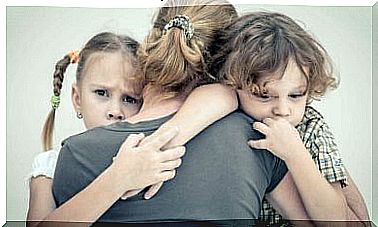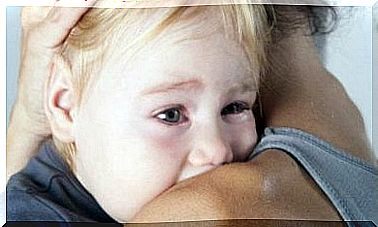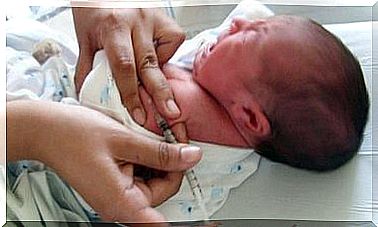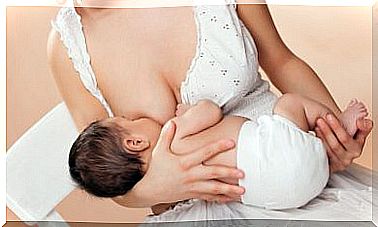How To Avoid Food Poisoning In Summer?
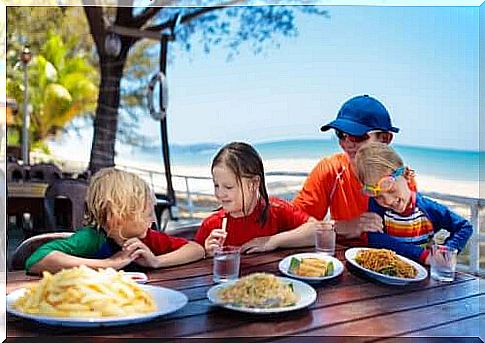
Food poisoning is a symptomatic disease caused by the consumption or handling of food containing toxic substances. Did you know that with the advent of heat, the risk of food poisoning increases ? That is why we would like to advise you on how to prevent food poisoning in the summer.
Keep in mind that it affects 600 million people worldwide. It is mainly caused by the consumption of fish and eggs. Do you remember the listeria case that occurred last year as a result of ground beef steak?
Furthermore, this can not only happen when you eat out, but the majority of cases of food poisoning take place at home. Why? Due to the tendency we have to incorrectly defrost food, store it in poor conditions and move it from one place to another without respecting the applicable standards for each product.
It is also about preparation and subsequent storage at the right temperature. This is often underestimated, especially when taking food to the beach or the swimming pool, for example. Want to know if you’re doing it right? Read on and find out.
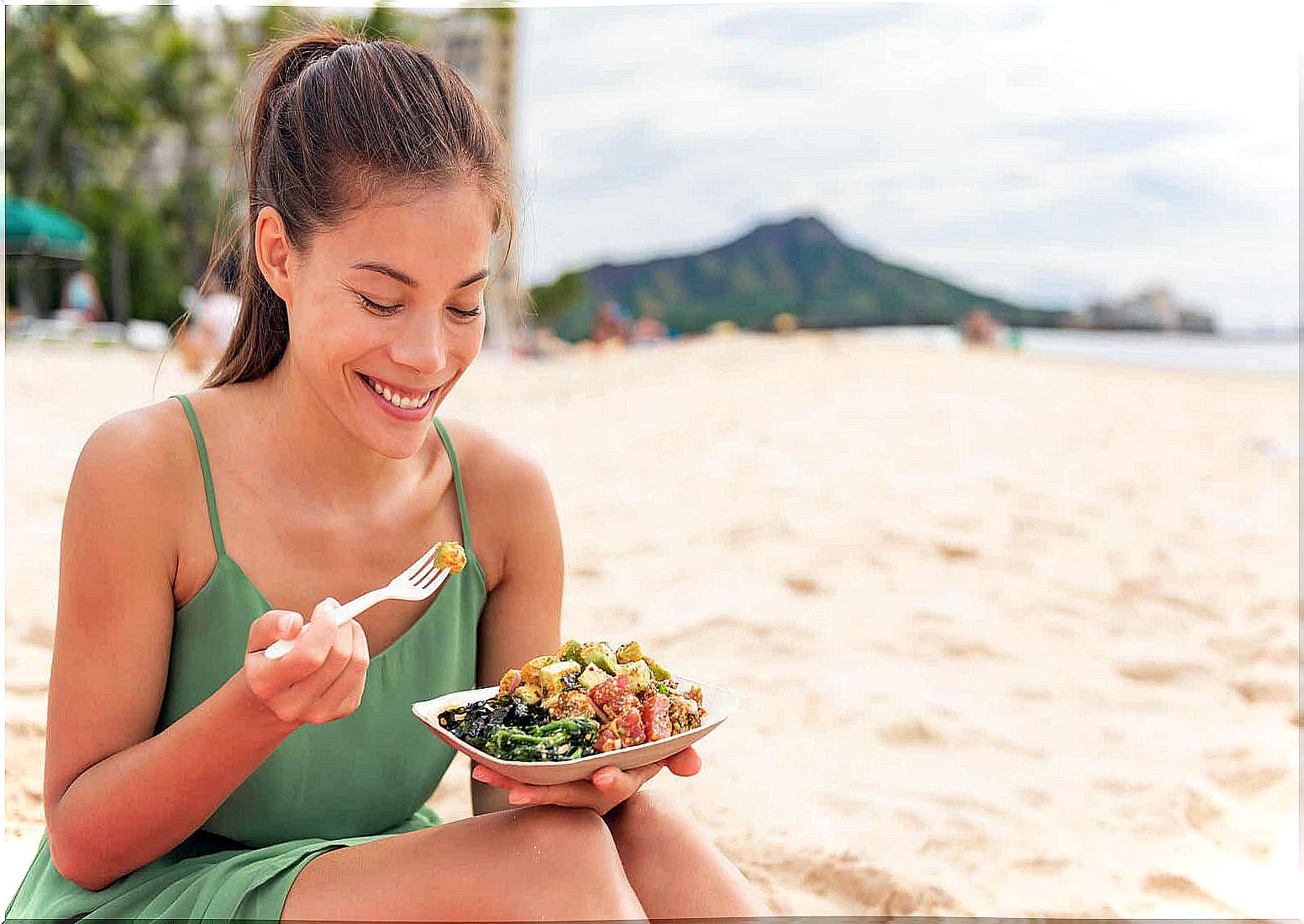
Shopping without the risk of food poisoning
Even though it may not seem like it, it all starts with the purchase of the products on the market or in the supermarket. The first step is to determine the order in which we will buy the food, starting with dry food, followed by fresh food and finally frozen food, in order to avoid interrupting the cold chain.
If you are a consumer of canned food, make sure the cans have no dents. In the case of vacuum-packed products, check that they are properly sealed. Also, all foods should be labeled with expiration dates and how to store them.
If you take your groceries home, put frozen foods in separate bags to keep them cold and try to get home quickly.
Once you get home, keep everything in its proper place in the fridge and freezer, which need to be cleaned often. Keep in mind that the refrigerator should be set at 4ºC and the freezer at -18ºC.
We also recommend that you put the quickest food to the front and keep raw and cooked food in separate areas and protected in closed containers. You can check the advice on storing food in the refrigerator on the official government websites for different countries.
Also pack the food in portions for consumption when freezing; dry it in advance and label it with the name and date of freezing.
Four basic rules
The next step is to prepare the food for cooking and consumption. For this we have the following four rules:
- Clean and disinfect. It is important to wash your hands with soap and water before, during and after handling raw food, going to the toilet, blowing your nose, etc. Do the same with utensils and surfaces. This rule applies to raw fish, such as sushi and ceviche.
- Separate raw food from cooked food. Raw food has a higher water content, which makes it susceptible to the multiplication of pathogenic microorganisms. Although they are impossible to see with the naked eye, they are always there.
- Cook your food well. You have to reach temperatures above 65-70ºC.
- Refrigerate as soon as possible if you are not consuming it immediately.
It is necessary to thaw food in the refrigerator 24 hours before use. Do not do this at room temperature or under the tap. Keep in mind that you should put the food in a container where the water can drip out.
How do you prevent food poisoning at the beach bar and on the beach?
First, if you go to a restaurant, be careful with meals that contain eggs, especially if they are raw. Make sure they have used pasteurized eggs or they have been refrigerated and fresh from that day on. This is important with mayonnaise and creamy omelettes. It is also a bad idea to consume raw meat or fish such as ceviches or tartare with a strange taste or smell.
Second, if you take your lunch box to the beach, try to put it in a cooler and avoid raw eggs. If you like omelets, try to cook them well and keep them cold. When preparing this dish, follow the hygiene rules explained in the previous section.
The Importance of Preventing Food Poisoning in Summer
As you have seen, it is very easy to get food poisoning. Food is susceptible to the development of bacteria and toxins. However, these poisonings can be avoided by following adequate hygiene, handling and storage guidelines. It is important to take this into account both at home and abroad.
Finally, we want you to understand that pregnant women, children and the elderly are at a higher risk of experiencing more severe food poisoning. Although it usually causes nausea, vomiting and diarrhea, it also affects the nervous system and can cause malformations and brain damage in the fetus and even death.
It is essential to be careful when preparing food and choosing what you eat to minimize the health consequences for the most vulnerable.
